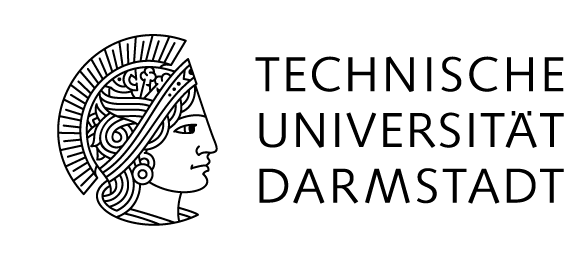Übersicht
We offer Doctoral, Master, and Bachelor thesis projects. If you are interested in becoming a member of our research group, please contact us.
Completed theses
The following theses have been completed in our group since 2019.
PhD theses
- From few- to many-body physics in low-dimensional quantum gases
Fabian Brauneis, 2024 - Structure and breakup reactions of neutron halo nuclei
Matthias Göbel, 2023 - Continuum structure of few-body systems
Sebastian Dietz, 2022 - Range Corrections in Pionless Three-Particle Systems
Martin Ebert, 2022 - Electroweak properties of halo nuclei in Effective Field Theory
Wael Elkamhawy, 2021 - Structure of three-body hypernuclei
Fabian Hildenbrand, 2020 - Universality in systems up to four particles -- From nuclei to ultracold atoms
Christiane Schmickler, 2019 - Effective Field Theories for low-energy reactions
Marcel Schmidt, 2019 - Effective Field Theories and electromagnetic properties of light nuclei
Jonas Braun, 2019
Master theses
- Correlations in relativistic heavy-ion collisions
Philipp Quoß, 2025 - Unnuclear concept and its extension to systems with Efimov effect
Jonathan Rimek, 2025 - Effective Theory for the Gaudin-Yang model
Timothy Backert, 2023 - Two-neutron halo nuclei without neutron-core interaction
Daniel Kromm, 2023 - Entanglement in few-particle scattering events
Tanja Kirchner, 2022 - Fermions in one-dimensional traps
David Huber, 2021 - Impurity system with in-medium similarity renormalization group
Fabian Brauneis, 2020 - Neutral Pion Photoproduction off light Nuclei
Leon Kerber, 2020 - Structure of He-6 and nn interaction
Matthias Göbel, 2019
Bachelor theses
- Bethe Ansatz Approach to Few-Boson Problems in One Dimension
Manuel Mungel, 2025 - Alternative Generatoren für die Ähnlichkeitsrenormierungsgruppe
Franziska Reinhard, 2024 - Energieverschiebung durch endliches Volumen mit periodischen Randbedingungen
Gil Marques Schauß, 2024 - Two Particles in two-dimensional Harmonic Trap
Jonathan Rimek, 2022 - Attractive impurity in one-dimensional Bose gas
Timothy Backert, 2021 - Entanglement Entropy and
Discrete Scale Invariance
Santiago Cardona, 2021 - Grenzzyklen für das 1/r^2-Potential
Tanja Kirchner, 2020 - Numerische Berechnung von
Pfadintegralen in der
Quantenmechanik
Tom Neumann, 2020 - Universality of Bound States
in 1D with Coulomb Interaction
Wiebke Retagne, 2020 - Korrelation in Wenig-Teilchen
Bindungszuständen
Adrian Klute, 2020


